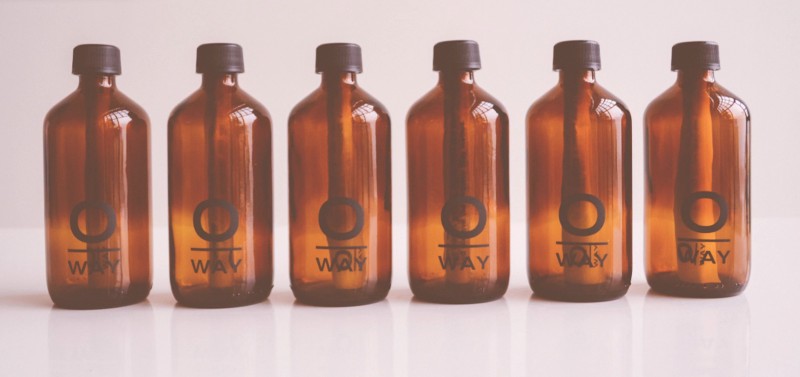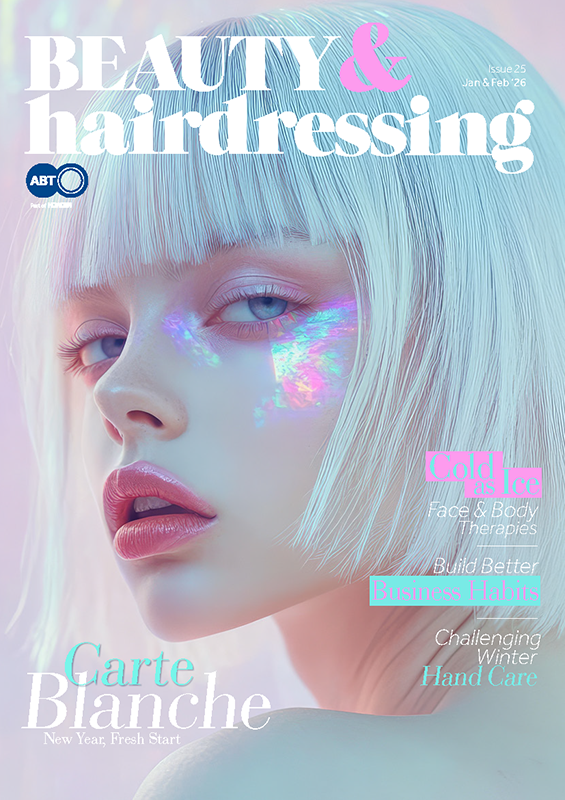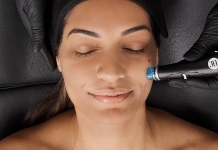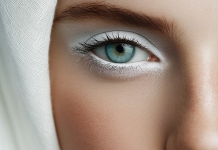What does ethical beauty mean for your business?
Simone Sighinolfi highlights how salons can tap into the growing consumer demand for ethical beauty
 Ethical beauty is on the rise. For the last few years, there has been a vast increase in consumer demand for ethically-minded brands and products that have been responsibly produced and ethically sourced from natural, biodynamic and organic ingredients.
Ethical beauty is on the rise. For the last few years, there has been a vast increase in consumer demand for ethically-minded brands and products that have been responsibly produced and ethically sourced from natural, biodynamic and organic ingredients.
According to studies, 78% of people surveyed think all companies, not just beauty brands, should act ethically. However ethical production is only half of the story: 73% of people surveyed find it hard to tell how ethical a brand really is, and 59% want to see more information on packs and in-store. This means that transparency is key.
What has caused consumers to become so ethically conscious? Social media has been a big driving force in increasing awareness, which has driven consumers to feel more responsible about the products they are purchasing.
The popularity of mindfulness and being aware of what goes in to our beauty products has also driven the demand for ethical beauty.
 Natural ingredients have been shown to impact more on a beauty product’s selling power than its brand name and price. It is no longer enough just to include organic ingredients or to condemn animal-testing on the label in order to be perceived as ethical. Buyers are increasingly savvy and are looking at the provenance of ingredients, in terms of what they are and where they come from, and are noticing the inclusion of ingredients that are potentially toxic, damaging to the environment or not responsibly sourced. Brands that are ethical and wholly transparent in being so (Oway lists the provenance of every ingredient on its labels) resonate with today’s ethically-minded consumer.
Natural ingredients have been shown to impact more on a beauty product’s selling power than its brand name and price. It is no longer enough just to include organic ingredients or to condemn animal-testing on the label in order to be perceived as ethical. Buyers are increasingly savvy and are looking at the provenance of ingredients, in terms of what they are and where they come from, and are noticing the inclusion of ingredients that are potentially toxic, damaging to the environment or not responsibly sourced. Brands that are ethical and wholly transparent in being so (Oway lists the provenance of every ingredient on its labels) resonate with today’s ethically-minded consumer.
Your own social conscience
So, with all the evidence pointing towards the rise in ethical beauty, how can salons effectively tap in to this growing market? Affiliating with ethically-minded brands that have a social conscience is a good starting point.
Certain brands have a faultless reputation in this arena. Biodiversity protection is another brand activity to look out for. Only stocking brands known for their ethical conscience is a good starting point for salons looking to become more ethically aware.
‘Greenwashing’ has also become rife in the beauty industry. This is a deceptive marketing practice whereby products are claimed to be more environmentally friendly than is actually the case. So, how can salons ensure their offerings truly are as ethically pure as they believe? Looking for certifications is a good way to guarantee that products are as they are labelled. Brands are bound by legislation to label ingredients and ensure formulas are safe, yet with no legal definition of ‘organic’ or ‘natural’ in labelling beauty products, consumers can become confused and, worse, misled. Choosing a brand that is known to meet strict guidelines set out by international authoritative bodies helps to alleviate this. As a result, salons will benefit from being associated with a brand that consumers can put their faith and trust in when it comes to labels.
 Salons should not only consider the ingredients within the products they stock, they should also consider the packaging. An easy way to decide whether packaging is meeting ethical standards is to make sure it’s not oversized.
Salons should not only consider the ingredients within the products they stock, they should also consider the packaging. An easy way to decide whether packaging is meeting ethical standards is to make sure it’s not oversized.
At Oway, only essential packaging is used, in order to reduce the environmental impact. Don’t choose weighted product packaging for its impression of quality, as the materials used to create this effect contribute to landfill. Salons should also consider the use of materials in packaging – are they recyclable? Are they sustainable?
Keeping up with increased consumer demand for ethical beauty can be daunting, however with some mindful action and by affiliating with brands – such as Oway – that have a true ethical conscience, salons can quite easily meet consumers’ growing social conscience, proving that provenance really does pay.
Simone Sighinolfi is Commercial Director for Oway International.

-13546.png)









